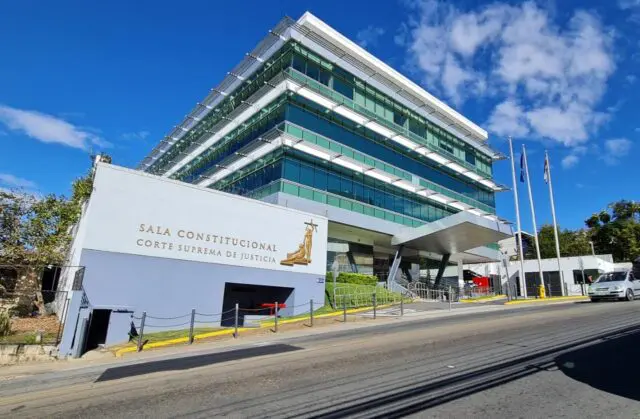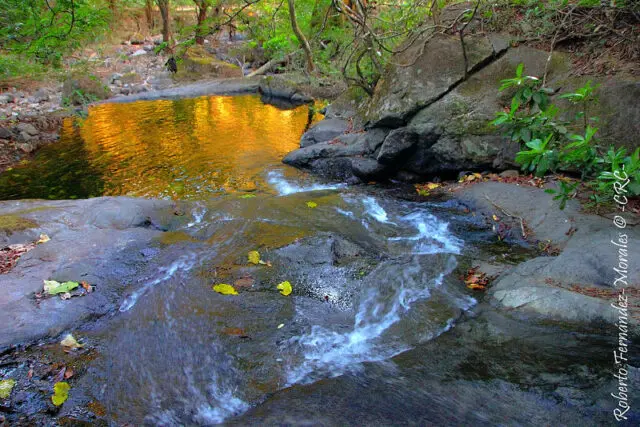Through a statement from the Ecologist Federation (FECON), it was learned that Supreme Court Chamber IV declared -unconstitutional- the proposal of President Rodrigo Chaves, regarding the possibility “of legalizing the theft of groundwater (through illegal wells) and the diversion of rivers without permits“.

It is noteworthy that the initiative was denied because it directly contradicts the Political Constitution of Costa Rica.In the opinion of the representatives of the Federation, among the first actions of the Costa Rican president, in May of last year, he highlighted the retake of bill No. 22709, presented in the last legislature by the then deputy Eduardo Newton Cruickshank Smith of the National Restoration Party.

Said intent of the bill proposed making an amnesty to all illegal wells and surface water diversions to please the agro-industrial sector, especially tropical fruit exporters.
The FECON statement also says, “that the current President gave continuity to the agenda of his predecessor, Carlos Alvarado. The last government of the PAC made the attempt through Executive Decree 41851-MP-MINAE-MAG “Regulation of registration of wells without number and authorization of the groundwater concession process”.
The Decree was brought before the Courts of Justice through an action of unconstitutionality presented by the Costa Rican Federation for the Conservation of Nature and the lawyer Alvaro Sagot. On this occasion the Constitutional Chamber found in its favor, supporting the argument that it is unconstitutional to forgive the crimes of usurpation of water and Alvarado’s decree was rendered null and void”.Therefore, the Constitutional Chamber sanctioned the project of water resource in the same irregular conditions that have been done to date.”

A struggle of many years…
Costa Rica has always highlighted the efforts of various organizations that remain vigilant in the protection of the country’s natural resources, all of which have shown respect and value, mainly to water.
There are non-profit organization called AlianzaNacional Ríos y Cuencas de Costa Rica, which promotes environmental awareness, allowing communities to take the lead as the main axis of action and change.
In 2019, the representative of the organizations emphasized those of the National University of the Central American country and the 2013-2014 report of the Attorney General’s Office based on the statement that “the situation of the rivers was worrying, since to date, out of 34 basins, 27 were highly contaminated”.He mentioned the Río Grande de Tárcoles as “the most polluted in Central America and the largest contaminant of the Costa Rican Pacific”.
Also in 2019, it was learned one day that the Abangares River had woken up dry near the coastal community of Abangaritos, Puntarenas province, when it was approximately two kilometers away from flowing into the sea.
In this regard, Dany Villalobos, a geographer from the Alliance of Communities for the Defense of Water, assured that at the height of Matapalo in the district of Las Juntas, a farm took over its waters, diverting it through a two-meter channel towards the margin west of the river.
In the Abangaritos community, people engaged in agricultural activities had warned about the possible effects that the damage from the river would imply on their family economy.
Finally, it is important to make it clear that as an informative medium we have based ourselves on the arguments of organizations that have dedicated themselves to their work for the protection of the country’s natural resources, we do not want to stop expressing that it is always necessary to reflect on the corresponding authorities actions since in the union there is strength and always for a good cause and give greater value to our river waters.

